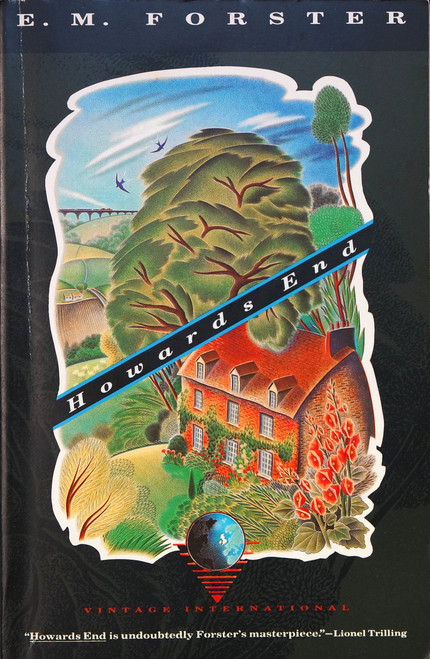Most Americans simply accept the Federal Reserve as an indispensable institution—the custodian of the nation’s money stock, without which our country’s economy could not function. But now is the right time to question the very existence of the Fed, and the critical role it has had in bringing our nation to the brink of economic ruin. The truth is, it is pointless to have a serious economic debate without considering the Fed’s role in it at all.
But here we are, in the face of the most significant financial collapse since the 1930s, and instead of a fundamental reevaluation of the money machine, what we have gotten is more of the same: Fed-enabled bailouts, debt, and “liquidity” that hobble the economy and threaten hyperinflation.
In End the Fed, Congressman Ron Paul gets to the root of our troubles. He weaves history, economics, philosophy, and his own life experiences from childhood to Capitol Hill to explain how, why, and for whom the Federal Reserve has been pulling the strings of the American financial system for nearly a century, and what we can do about it.
After all, the time for real change is now.
Editorial Review
"At first glance, abolishing the Federal Reserve and returning to the gold standard seems a quaintly eccentric idea, but Texas congressman Paul presents a plan to eliminate our country's central bank, and return to a private banking system, that's both serious and plausible. The questionable aspects involve Paul's predicted results: not only will ending the Fed eliminate inflation (the government cannot print more money than it has gold reserves), but also business booms and busts, wars, income inequality, trade imbalances and the growth of government. Further, and perhaps most important, it would "disempower the secretive cartel of powerful money managers who exercise disproportionate influence over the conduct of public policy." Paul tends to gloss over those periods in history, including the Panic of 1907, in which private banking and the gold standard were law: "the bad reputation of nineteenth century American banking... is largely the result of... propaganda agitating for the creation of the Fed." With respect to "secretive cartels," Paul takes up the interesting question of whether J.P. Morgan is in fact preferable to Ben Bernanke. An engaging response to big-government solutions for the financial crisis, this knowledgeable and opinionated look at U.S. economics, from a firebrand public servant, should provoke much thought." —Publisher's Weekly
About the Author
Ron Paul is a physician and eleven-term congressman from Texas. In 2008 he ran for president and ignited a national End the Fed movement, especially among young people. Dr. Paul is the author of eight books, including The Revolution: A Manifesto, which was a #1 New York Times bestseller. An advocate of sound money, personal liberty, free markets, and peace, he is chairman of the FREE Foundation, honorary chairman of the Campaign for Liberty, and distinguished counselor to the Ludwig von Miss Institute.







